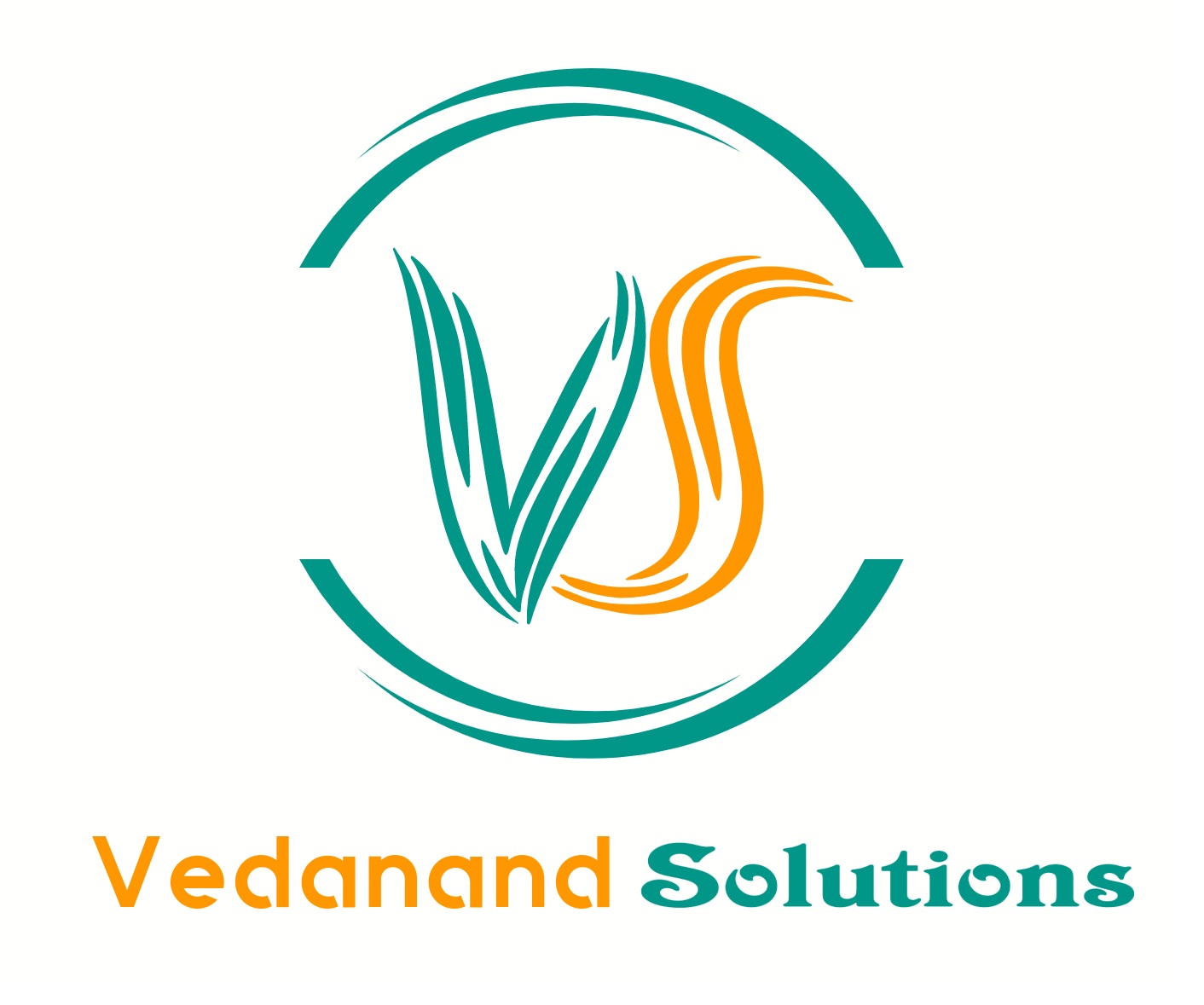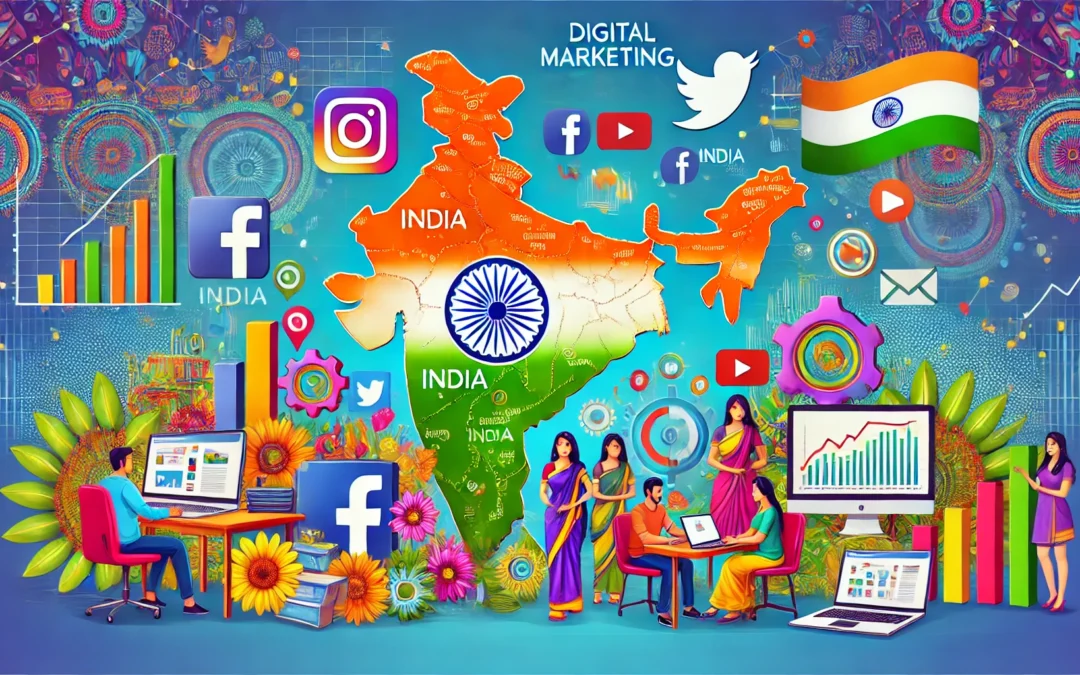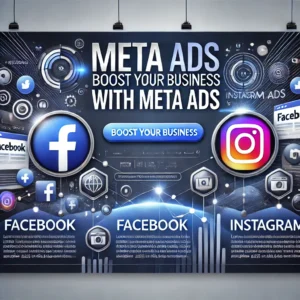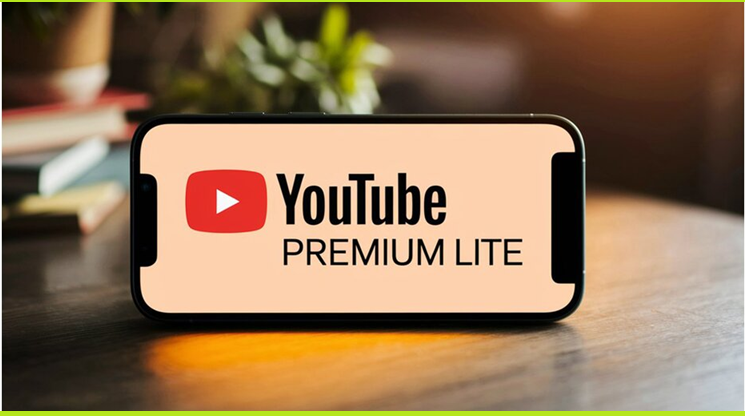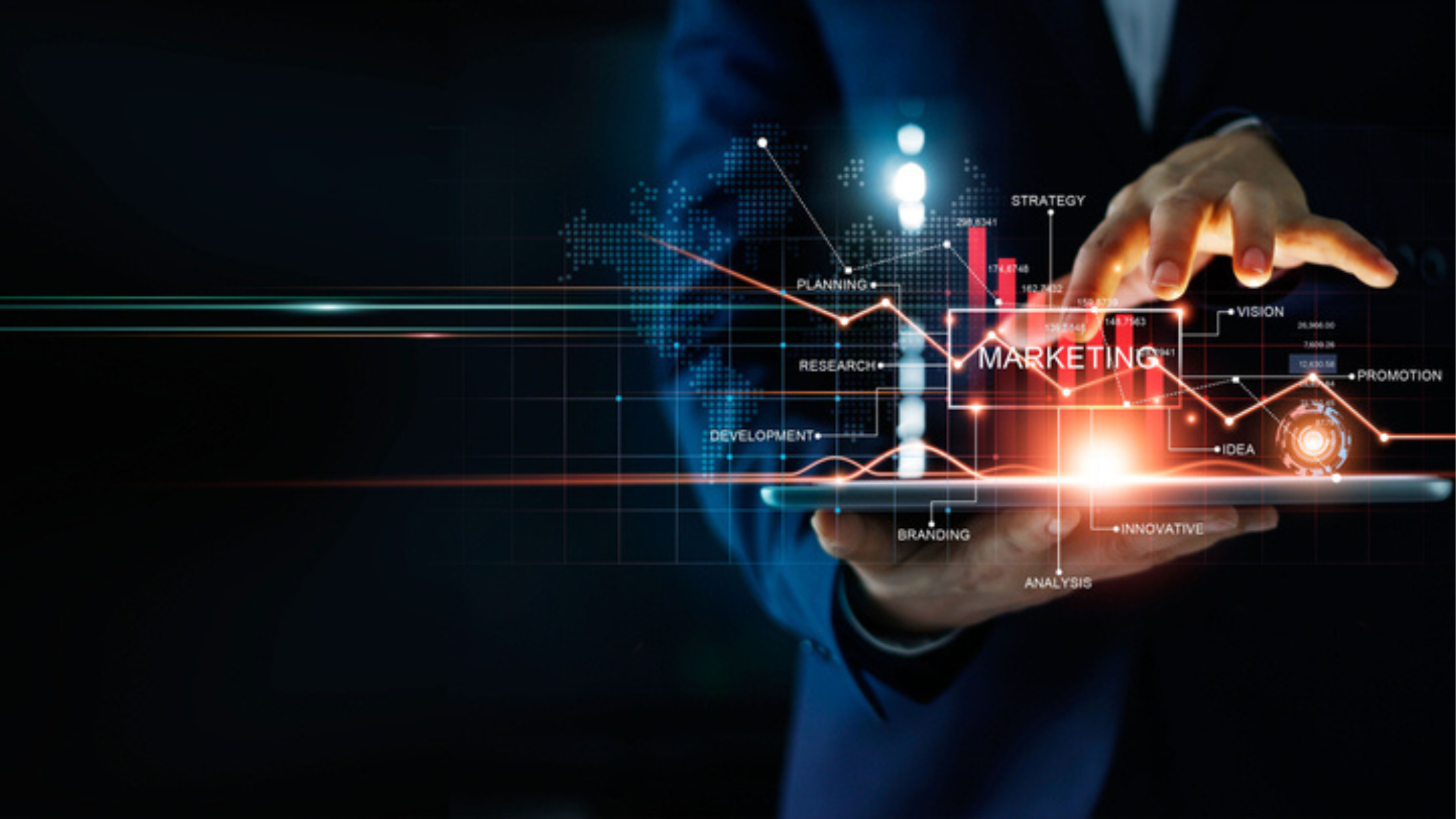In India, digital marketing has changed the way one approaches their audience and consumes information about a business. The development of digital marketing in India tells a tale about how South East Asia as an all around is swiftly regressing to digitalization. The digital marketing scene in India is fast evolving and with the internet penetration, smartphones becoming a common entity among everyone it has opened up numerous opportunities for both firms as well as professionals.
Market Overview
Digital Marketing business has grown for 3X in the last couple of years. Contributing to one third global market with major share from India. The market was valued at USD 5.15 billion in the year 2023, and is expected to grow with a CAGR of 30.2% from the same year by making million US$ revenue up to end date as well estimated by their production near about millions unit against average cost factor till 2032. This upward tick is due to companies incorporating digital channels into their operations in a bid to cut down on marketing costs and boost customer engagement.
Key Drivers of Growth
Some of the factors responsible for digital marketing industry expanding in India are as follows:
Top segments for your growth building plans: Internet adoption & smartphone use : India is one of the largest digital markets in the world with over 700 million internet users. Smartphone penetration is on the rise, making digital platforms cheaper and easier to access for a common man in India.
Among the most visited are social media platforms such as Facebook, Instagram and YouTube. For example, by the beginning of 2024 on YouTube there was a total audience reach — across all video usage scenarios not including streamed content — among some1 in three (32.2%) members of the population according to reports from Youtube which put unique visitors over that period at 462 million people ; The prevalence of social media means that it is an essential resource for the modern digital marketer.
E-commerce Blast: With an ousting number of e-commerce platforms; evolved the need for viable digital marketing strategies that could generate traffic, engage customers and allure them into buying. In e-commerce, SEO content marketing and social media advertising make or break the market share.
Cheap Marketing Options: Digital marketing is indeed a much cheaper option as compared to those expensive traditional methods of marketing. This is especially helpful for Small & Medium Businesses(SMBs) who are trying to reach a maximum audience with a minimum budget.
Key Components of Digital Marketing
Digital marketing refers to various strategies and tools used for improving visibility online of websites. Here are some key components:
Search Engine Optimization (SEO): This still remains a digital marketing must-have and is the process of optimizing your website so it ranks higher on search engine results pages (SERPs). Such an organic consideration is significant in aiding traffic and improving visibility online
Social Media Marketing: The most powerful part of a social media strategy, this is the act of using platforms like Facebook and Instagram to communicate with your audience, build brand recognition and facilitate conversations. After that, take help of paid social media transactions and reach a wide range.
Content Marketing: Valuable, Relevant content to attract and connect with defined audience; Content in the form initial of a blog, article, video or infographics etc. Content Creation Generates Authority and Trust
Email Marketing: A form of direct marketing where you send promotional emails, newsletters or personalized campaigns. You can use email marketing for both lead nurturing and customer lateralization.
Influencer Marketing: Hiring influencers to market products, services etc. It involves using the trust and credibility of that influencer to reach a larger audience.
Video Marketing: Generate and Exchange video content to audience engagement. Video marketing has become more sophisticated with platforms like YouTube, Instagram Reels and TikTok enjoying massive popularity making it a compelling medium for brand storytelling and customer engagement.
Pay-Per-Click (PPC) Advertising: Advertisements on the search engines and social media platforms that you run, in efforts to drive further traffic & conversions. PPC Advertising With PPC advertising, businesses have the ability to target specific demographics and track how well their campaigns are doing.
Emerging Trends
Year on year, new ideas are put into action to shape the digital marketing world. Some emerging trends include:
Artificial Intelligence (AI) & Machine Learning: AI is changing the game for digital marketing, allowing advertising companies to quickly predict outcomes based on large volumes of customer data and automate tasks across every stage of the funnel from product searches through post-purchase. Customer experiences and campaign efficiency are improving with the help of AI powered tools.
The rise of Metaverse: The idea that the metaverse could become a joint virtual space. Brands try to provide new experiences using AR/VR This trend is likely to reshape digital marketing in the years ahead.
Non-fungible-Tokens (NFTs): NFTs provide unique digital possessions useful for viral marketing. NFT has gone on to being used by businesses to produce digital era reward collectibles, events access and builds crowning customer satisfaction.
Data Analytics: Data analytics is the lifeblood of digital marketing, and its significance cannot be taken for granted. Marketers are getting more data-dependent than ever to make well-thought decisions, run campaigns and get grips on how markets work. It is useful when it comes to meeting marketing goals as this helps in a data-driven approach.
Career Opportunities and Salaries
The digital marketing industry in India offers lucrative career opportunities across various roles:
- Digital Marketing Manager: Responsible for planning, implementing, and managing digital marketing strategies. The average salary ranges from ₹1.9 LPA to ₹10 LPA, depending on experience.
- SEO Specialist: Focuses on optimizing websites to improve search engine rankings. Salaries range from ₹1 LPA to ₹4 LPA.
- Social Media Marketer: Manages social media campaigns and content. The salary ranges from ₹1.79 LPA to ₹7.26 LPA.
- Content Marketer: Creates and manages content strategies to engage audiences. Salaries range from ₹3.7 LPA to ₹10 LPA.
- Email Marketer: Develops and executes email marketing campaigns. The average salary is ₹2.2 LPA to ₹10 LPA.
- Web/Data Analyst: Analyzes web data to inform marketing strategies. Salaries range from ₹1.8 LPA to ₹6.6 LPA.
Also Read: Aspiration AI : Transforming Education with Technology
Conclusion
Digital marketing is one of the fastest-growing sectors in India due to advancements in technologies and consumer behavior. In order to strengthen its reach and communication businesses, across industries are fast adopting digital marketing strategies. Given things are moving at this torrid pace and trends like AI, the metaverse amongst a few others entering Indian marketspace shows that Digital Marketing in India is prepping up for some ad-vantage. With digital marketing still very much in an embryonic stage, ensuring you are on top of all the best practices (and more importantly – new trends) could mean staying ahead of your competitors for a long time.
